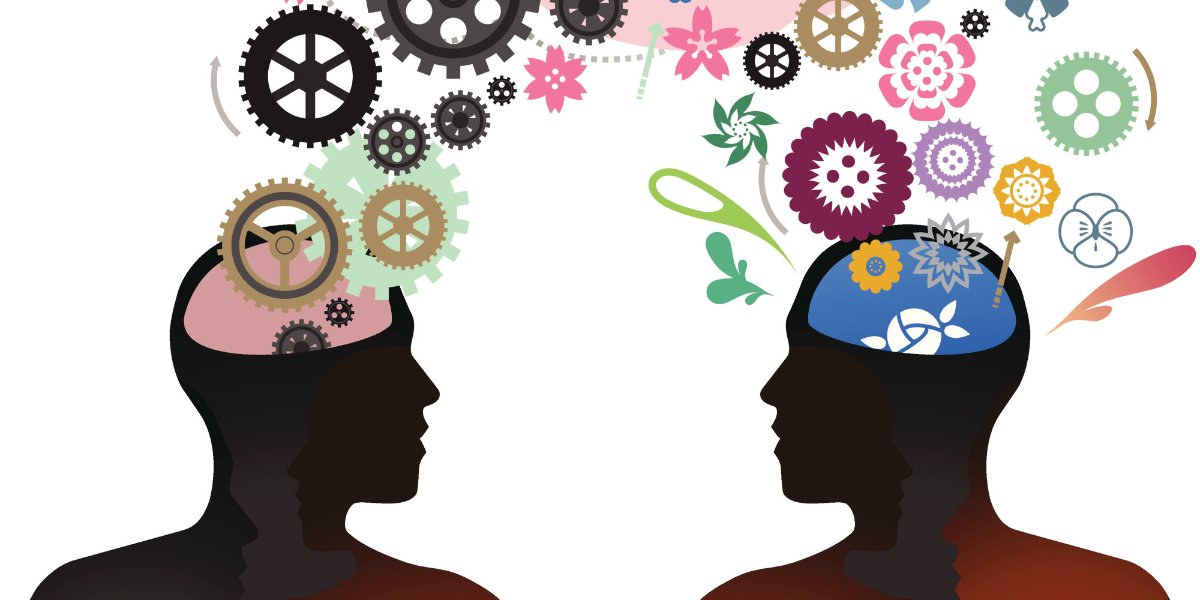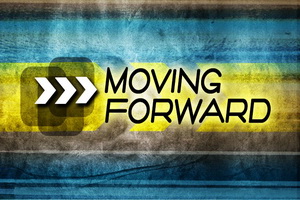Have you ever wondered why Mr. A graduated from top elite university become a regular employee while Mr. B quit university become a famous entrepreneur with the asset worth billions of dollars? Perhaps it’s a lame comparison, but what if you put them in the same situation?
Differences between IQ and EQ

We often think that high intelligent people are smart people, and they will be successful for sure. Let’s see another side of people with high IQ. They have the ability to process information more quickly and do complex tasks more easily, thus, they expect other people to perform at the same level as them instead of understanding the differences.
What about EQ? Emotional quotient (EQ) or emotional intelligence is totally different from intelligence quotient (IQ). EQ can be defined as the ability or competence to recognize, understand, process and manage emotions in oneself and others. High EQ people are very aware of their own emotions and how their emotions affect other people to adjust it in a positive way. Besides, they can pick up other people emotions to react properly and improve relationships.
The links among IQ, EQ and career success

We cannot deny that high IQ people handle their work more easily than others. But when it comes to team working, they often failed without EQ. Unfortunately, there is no direct links between IQ and EQ. In other words, high IQ doesn’t guarantee high EQ, which becomes the headache issue of employers to manage talented but difficult employees.
Of course, both IQ and EQ are crucial factors of success in career. But which is more important? IQ is reflected by hard skills which can be learned, defined and measured such as mathematics, reading, writing, accounting, legal, etc. Conversely, EQ is represented by such personal-driven soft skills as empathy, communication, leadership, etiquette, etc. A research carried out by The Carnegie Institute of Technology showed that 85% of your financial success is due to skills in "human engineering", personality, and ability to communicate, negotiate, and lead. Surprisingly technical knowledge only accounts for 15%.
IQ and EQ in Leadership

What comes to your mind when you think of a good leader? Absolutely a perfect leader is not a micro manager or a dogmatic boss, right? A good leader must be trusted by employees, recognize their needs and understand the psychological impact to employees to encourage and manage the whole team well. To put it more simply, a good leader must have high EQ.
HR Practice

In recent years, we have seen the shift from aptitude to attitude in recruiting employees. HR professionals look for candidates who can fit with the corporate culture and work well with other people. A recent study by TalentSmart found that emotional intelligence decides 58% of success in all type of jobs. Also, 90% top performers in the study are high emotional intelligence.
The lack of empathy, cooperation, motivation and communication among employees in a team in particular and across the organization in general will damage employees’ morale. As a result, the company will suffer the loss in not only finance but also talent. The key solution here is to develop leadership skills of leaders in all level of hierarchy in the organization and create a happy corporate culture to make employees feel recognized and engaged.
IQ is hard to change but EQ can be developed

Unlike IQ is very hard to change, EQ can be improved by deliberate practice. There's no need to eliminate emotions at workplace, but both leaders and employees need to understand yourself more and learn how to manage emotions well. Keep in mind the 4 competencies of emotional intelligence:
1. Self-awareness
2. Self-regulation
3. Empathy
4. Social skills
To sum up, both IQ and EQ are the keys for success in career. However, the term of career success is not the same for everyone. I do believe that IQ is the base for the career success requires high accuracy and complexity like IT, scientist, accountant, etc but the requirements depends on the specific job functions. With the same level of IQ, people with higher EQ will have more chances to climb to top level positions in organization hierarchy and success in their own businesses. What you need to do is learn how to enhance your emotional intelligence to become more and more succeed in both career and life.












Replies to This Discussion